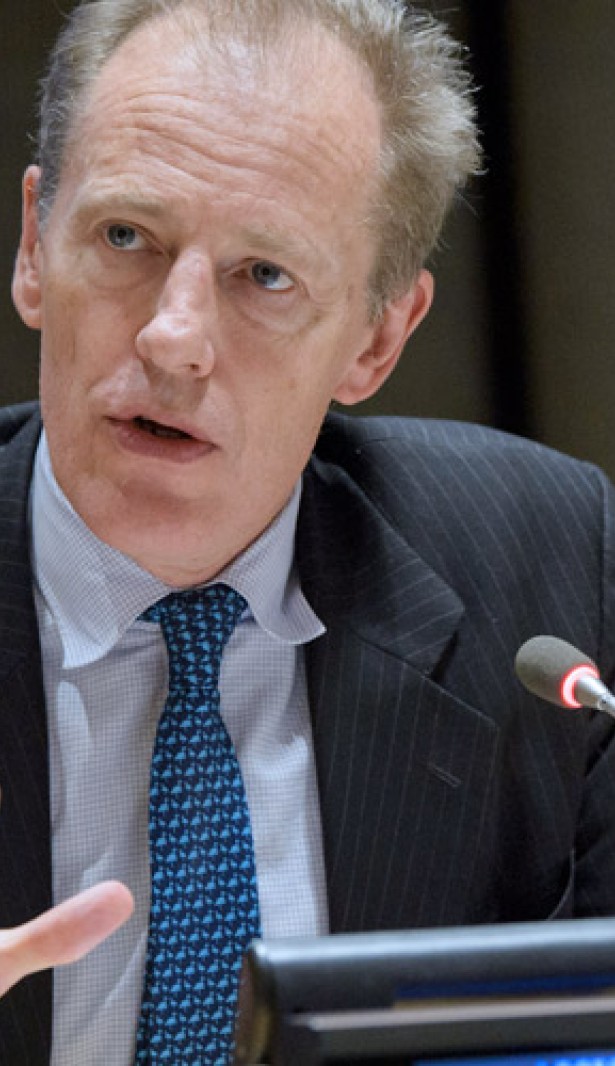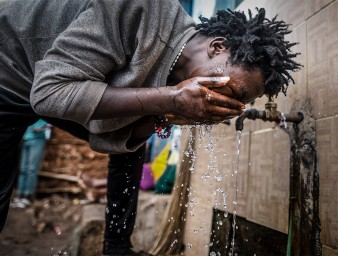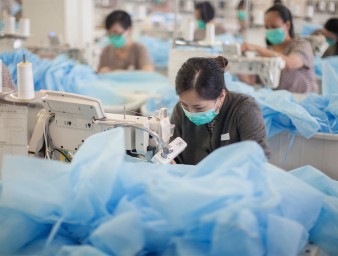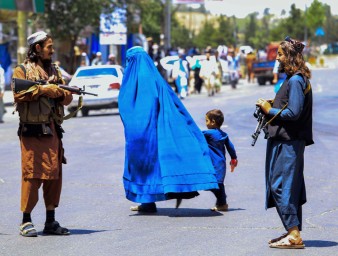Reprisals: Targeting Human Rights Defenders
21 September 2018
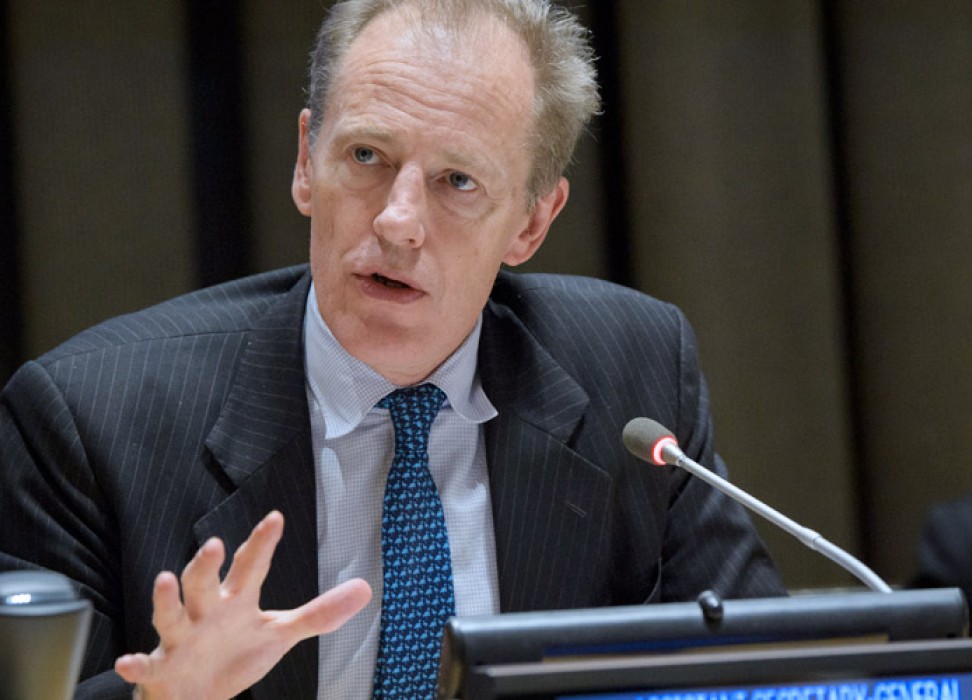
Participating in the review of your country by the UN Human Rights Committee should not lead to attacks and intimidation threats at home.
Speaking to a UN official when she visits your community to consult with them on a protection of civilians strategy should not lead the community to flee.
Giving a speech during the Business and Human Rights Forum in Geneva, shouldn’t lead to an attempted assassination.
Having your voice heard during a review of the Universal Periodic Review of your home country, shouldn’t lead to detention and seizure of your passport when returning.
But for the civil society organizations human rights defenders, NGOs and civil society groups from the close to 40 States named in a report, engaging with the United Nations means putting their lives, as well as their family and sometimes communities, in jeopardy.
“The horrendous impact on the victim and their families aside, reprisals against people for cooperating with the UN sends a chilling message to others of what will happen if they do the same thing. As they are designed to do,” said Assistant-Secretary-General for Human Rights Andrew Gilmour.
Echoing the Secretary-General’s conclusions in the report, Gilmour reaffirmed that “Any act of intimidation or reprisal for cooperation with the United Nations is unacceptable and runs contrary to the principles of the Organization, and much more can be done, by all of us.”
Gilmour was presenting the Secretary-General’s report on reprisals. He has been tasked to look into the issue as it affects those who are trying to work with the United Nations. The report contains examples of allegations of intimidation and reprisal from people who have cooperated with a variety of United Nations bodies. A total of 38 countries are included in the report, including some States who are current members of the Council. This is the ninth such report presented to the Council.
The scope of reprisals is wide – from field offices to even those who attend UN events at headquarters. One example cited, a human rights defender was reportedly nearly assassinated in his country, targeted by paramilitary groups, after participating in a human rights forum in Geneva in 2017.
At the community level, UN staff report arriving to locations for consultations, only to find the local population either unwilling to speak or not attending scheduled meetings. This is done so that they will not be seen to be providing information to the UN. In addition, UN staff have reported that legal representatives, intermediaries, witnesses and interpreters who worked with communities are also victims of harassment.
Gilmour noted the report highlights three particularly disturbing trends in the sorts of reprisals.
First, States seem to be increasingly using counter-terrorism as the reason as the reason for denying an organization or individual access to the UN. The report notes how NGOs, human rights defenders, activists and experts are often systematically denigrated “terrorists” or “criminals” by their governments and accused of a variety of activities from cooperating with foreign entities to damaging the reputation or security of the State.
The second trend is how reprisals are often disguised in legal, political and administrative obstacles. For example, policies are selectively applied and new laws are being passed in many countries to restrict the operations of organizations that cooperate with the UN. This undermines funding sources for many NGOs, keeping them from their capacity to engage with the UN, Gilmour said, and shrinks civil society space still further.
Third, there is an increasing use of accreditation and security procedures to prevent people from speaking at UN headquarters and elsewhere, Gilmour said. The report notes there are been attempts by some diplomats to block the participation of certain civil society representatives to UN events, meetings or conferences. Withdrawing or postponing accreditation or security clearances hinders those wanting to access the UN as well as creates deters further cooperation.
A year ago, when Gilmour presented the previous report to the Council, he said it was “nothing short of abhorrent that year after year we are compelled” to report such case. Acts of intimidation and reprisal were carried out on people whose only crime, if it could be called that, was to cooperate with the UN.
He noted the incredible courage of those who are still willing to come forward despite such obstacles.
This year he said it was encouraging that the Council is ready to consider the issue. But what is “more disappointing is that here I am again before you, one year on, presenting another report that in no way suggest the scale of the problem is diminishing,” To the contrary, he continued, the cases presented in the report are “merely the tip of the iceberg, a small fraction of those reprisals that we believe are actually carried out. We have a long way to go before this odious practice is stamped out.”
Watch a video of Assistant Secretary-General for Human Rights Andrew Gilmour talk about reprisals below
Video
